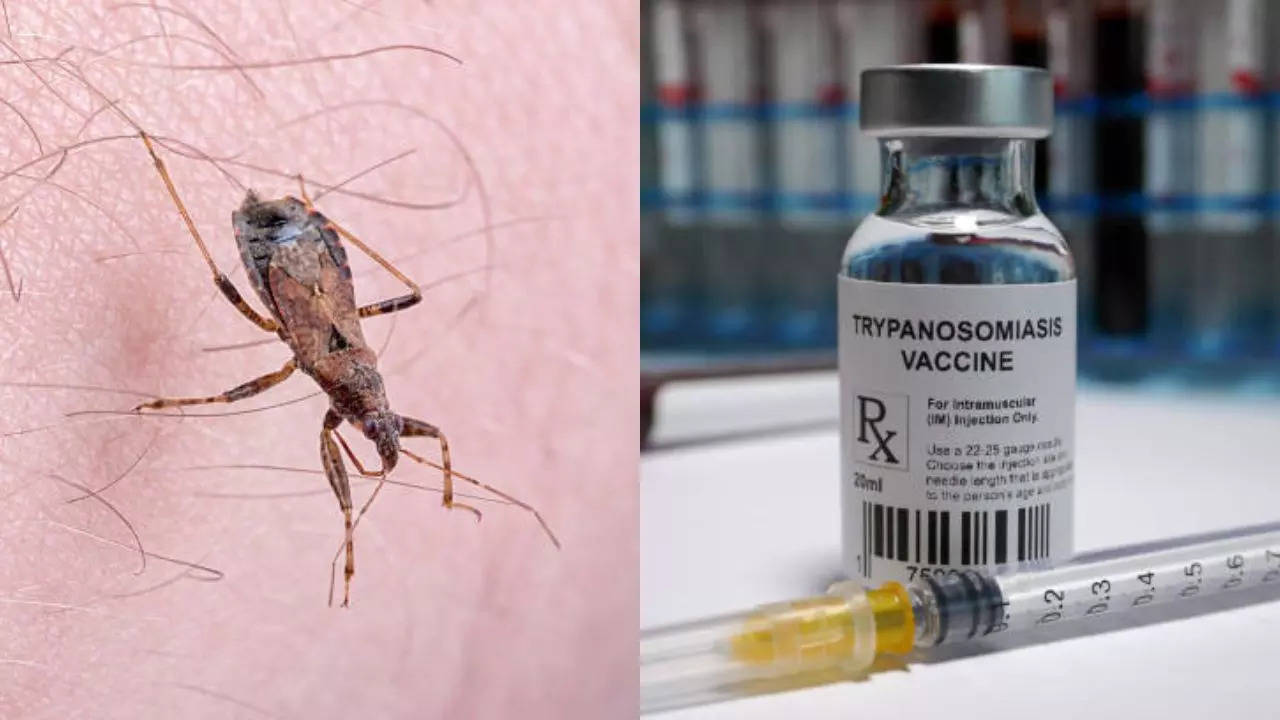Contents
What is the deadly sleeping sickness that causes fever and psychosis and threatens to spread around the world?The parasite that causes trypanosomiasis spreads outside AfricaGene-editing technology maps parasites’ family treeSigns and symptoms of trypanosomiasisIs there any treatment for trypanosomiasis?
-
news
-
Health
What is the deadly sleeping sickness that causes fever and psychosis and threatens to spread around the world?
A deadly parasitic infection known as trypanosomiasis or sleeping sickness may be spreading around the world, causing difficulty sleeping at night. Experts say the condition is usually mild in the beginning but can worsen rapidly if not treated. One of the hallmarks of this disease is a disturbance in sleep patterns – and hence the term sleeping disorder was coined, as sufferers may sleep during the day and struggle with severe insomnia at night. Read on to know more.

The condition is usually mild at first but can worsen rapidly if not treated.
Scientists around the world have warned about the resurgence of a deadly disease that can alter the personality of its victims and has the potential to spread outside Africa. Popularly known as sleeping sickness or African trypanosomiasisThis condition causes difficulty in sleeping at night.
According to experts, the condition is usually mild in the beginning but can worsen rapidly if not treated. A hallmark of the disease is disturbances in sleep patterns – and hence the term sleeping disorder was coined, as sufferers may sleep during the day and struggle with severe insomnia at night.
Without treatment, the condition can progress to confusion, uncontrolled aggression, psychosis, and eventually death.
The parasite that causes trypanosomiasis spreads outside Africa
According to a new study published in Nature Journal, The parasites responsible have evolved, meaning the disease could spread beyond Africa. Till now, they used Tsetse flies in sub-Saharan Africa To move around. Flies carry these parasites and spread the infection when they bite a human or animal.
The study, led by scientists at the University of Edinburgh, found a genetic mutation in the parasites that simplifies their life cycle. And so they can easily infect other animals directly without the need for the tsetse fly. Scientists say that strains of these evolved parasites have already been found in animals in Asia, South America and Southern Europe.
“Trypanosomes have found ways to expand their geographic range by excluding the tsetse fly from their life cycle,” said Professor Keith Matthews, who co-led the study. “The molecular changes they exhibit may allow us to trace the emergence of these virulent parasites that are a threat to both cattle and potentially humans,” he said.
Gene-editing technology maps parasites’ family tree
A gene-editing technique was used by the researchers to study more than 80 parasite samples that were collected from people, animals and ticks. By mapping a “Family tree” of parasites.They have been able to identify several mutations in the key genes that enable this evolutionary leap.
The findings highlight the role of climate change and human interventions in driving these changes – such as efforts to control tsetse fly populations. Experts say that since the parasites are no longer tied to their original insect hosts, their spread may accelerate.
Signs and symptoms of trypanosomiasis
Some signs and symptoms of trypanosomiasis include:
- Swollen and discolored – red, purple, or brown lump that may be painful
- frequent high fever and chills
- Headache
- muscle and joint pain
- skin rashes
- anemia
- swelling in your face and lymph nodes
- feeling sleepy during the day
- confusion or inability to concentrate
- difficulty walking and talking
According to doctors, without treatment, trypanosomiasis can lead to seizures, coma and even death.
Is there any treatment for trypanosomiasis?
Doctors say that early diagnosis and proper treatment can help cure trypanosomiasis. While the infection is treatable, treatment depends on what type of protozoa caused the infection and whether the infection has spread to other areas of your body. If trypanosomiasis has not spread to your brain or cerebrospinal fluid, a healthcare provider may prescribe:
- suramin
- fexinidazole
In some cases, they may also prescribe corticosteroids to reduce inflammation and joint and muscle pain.
Experts say it is extremely important that you take the full course of antibiotics, even if you start feeling better. If you don’t do this, trypanosomiasis may come back and be more difficult to treat.
Get the latest news live on Times Now with breaking news and top headlines from around the world.


